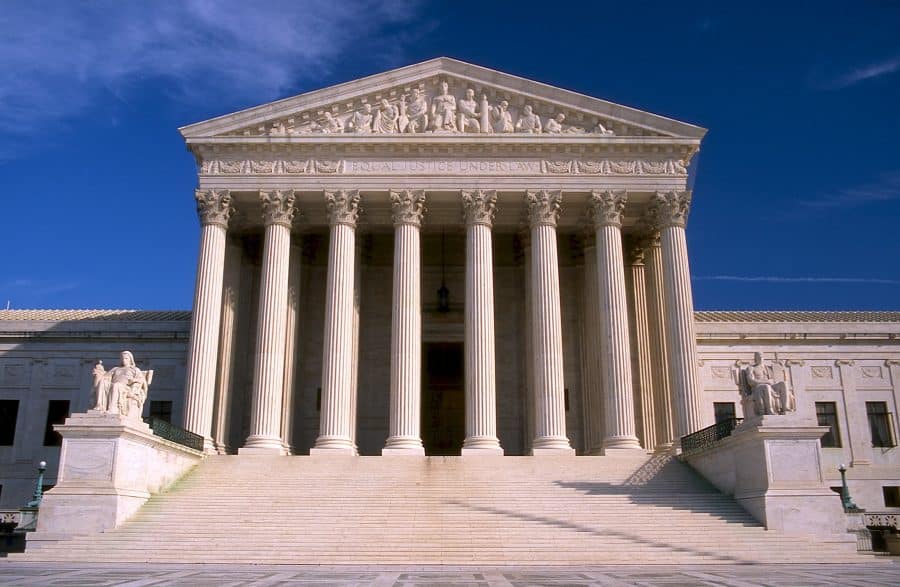Bad Day for Employees: Supreme Court Applies But For Causation Standard to Title VII Retaliation
This is just a quick update on an important case we mentioned early this year and that we suggested was one to follow. In University of Texas Southwestern Medical Center v. Naiel Nassar, the Supreme Court of the United States considered whether an employee alleging retaliation under Title VII of the Civil Rights Act must prove that retaliatory animus was the only (or but for) cause of the adverse employment action he or she suffered – or whether retaliatory animus need only be one of any number of factors motivating the adverse action. The question was whether but for causation should apply.
As I mentioned in January, the trend for the past four of five years has been to require an employee to prove but for causation in all manner of employment discrimination claims – a pretty high hurdle in the workplace context where there are often many factors an employer can point to when explaining a termination decision. From our perspective, if unlawful discrimination or retaliation was even one of those factors which tipped the scales toward the decision to terminate, the employer should be liable for violating state and/or federal law. However, the courts have slowly but surely been requiring but for causation under a number of the anti-discrimination laws.
In an incredibly disappointing decision for employees on Monday, the Supreme Court held that employees alleging retaliation must provide evidence that retaliatory animus was the but for cause of the adverse action they suffered. This is the second time the Supreme Court has weighed in on the proper standard of causation in employment cases – holding in 2009 that the Age Discrimination in Employment Act also requires but for causation – and indicates a clear trend toward eradicating the motivating factor theory of causation in most employment discrimination and retaliation claims.
This decision is sure to embolden the appellate and district courts to require but for causation in all employment discrimination contexts moving forward. Our only hope is that Congress will act to clarify that evidence that unlawful bias or retaliation was a motivating factor is enough. However, given the current state of affairs in our legislature, I’m not holding my breath.
On a side note, the Supreme Court also significantly narrowed the definition of supervisor for Title VII cases in a separate decision on Monday – dealing yet another blow to an employee’s ability to hold an employer liable for unlawful discrimination and retaliation. All in all, it was not a great day for employee rights.



